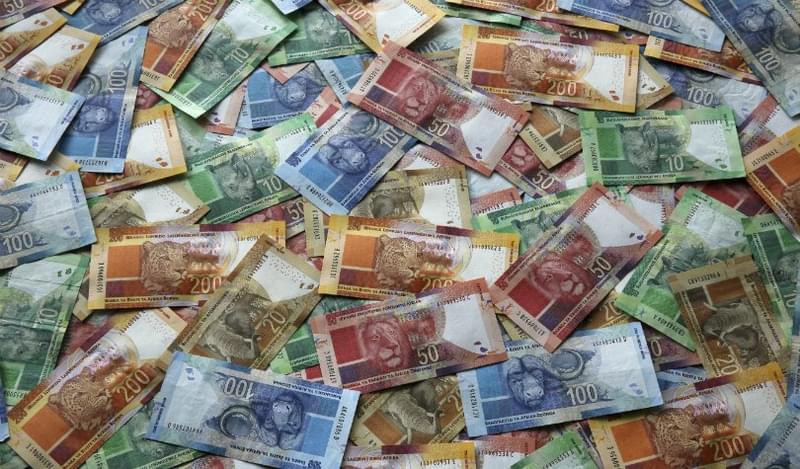As elsewhere across emerging markets, the African fixed income space is likely to be impacted by any future policies implemented by developed market central banks.
“Hard currency African bonds cannot escape the global rate cycle following the increasing integration of the markets and the provision of benchmarks,” said Stuart Culverhouse, chief economist at Exotix.
He added that a repriced US Treasury curve would affect the pricing of all risk assets.
“For some African names, the repricing may not be as immediate as it would be in other, more liquid markets, which reflects the lower liquidity present in African markets.”
There could be a large amount of activity from some of the main central banks in developed economies, such as the US Fed, the Bank of England and the Bank of Japan, which are expected to extend their divergent paths.
Expectations are rising for the Fed to raise rates at its next policy meeting on 21 September, whilst both the Bank of England and Bank of Japan are expected to ease monetary policy in December.
Despite the divergence in major developed market central bank policy, Culverhouse noted that only rating action by the US Fed will impact the African continent.
“Other currencies are not nearly as prevalent across the African debt space as the US dollar. The foreign currency markets are now almost wholly dollar-based.”
Although rising rates would likely to lead to an upwards repricing of African risk assets, some of the continent’s sovereign issuers are actually placed favourably to withstand the rating actions
This means that as long as such countries have reasonably strong fiscal policies and liquidity cushions, a market dislocation similar to the 2013 taper tantrum in which US Treasury yields rose substantially could allow such sovereigns to remain out of the market, meaning they can afford to wait for better conditions.
“Countries with strong reserves such as Kenya or few outstanding maturities such as the Cote d’Ivoire would likely be in a reasonably strong position.”
Culverhouse noted that Kenya’s reserves amount to around 5 months’ worth of import cover. Kenyan foreign exchange reserves stood at around US$9.8bn in March 2016 according to Trading Economics.
Despite this, African nations will not be completely immune from any major international activity.
“There is the portfolio channel to consider, which could see capital outflows from African markets if yields begin to rise again in the developed economies, which occurred in 2013.”
Emerging market assets have largely benefitted from negative or flat yields in developed markets. Negative yielding assets topped US$10tn in June.









